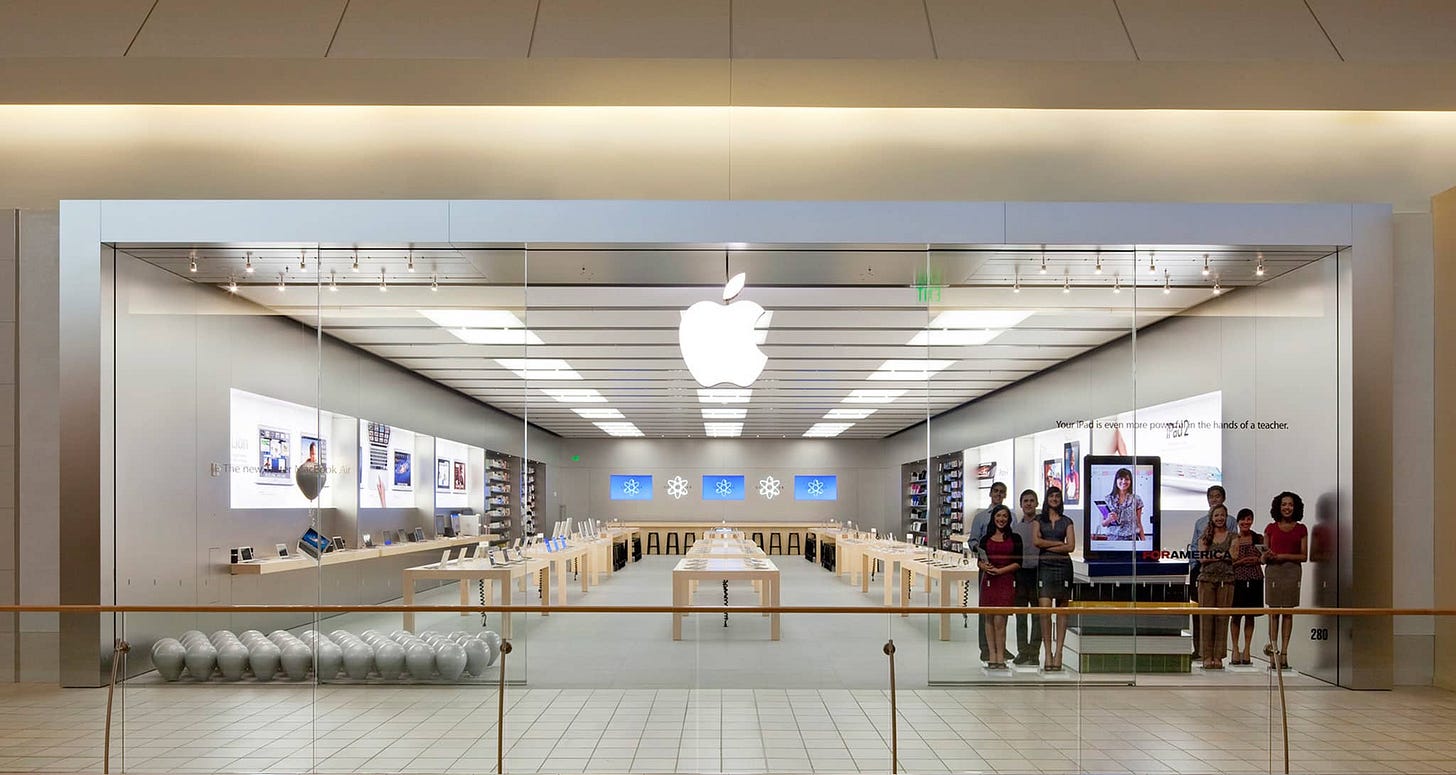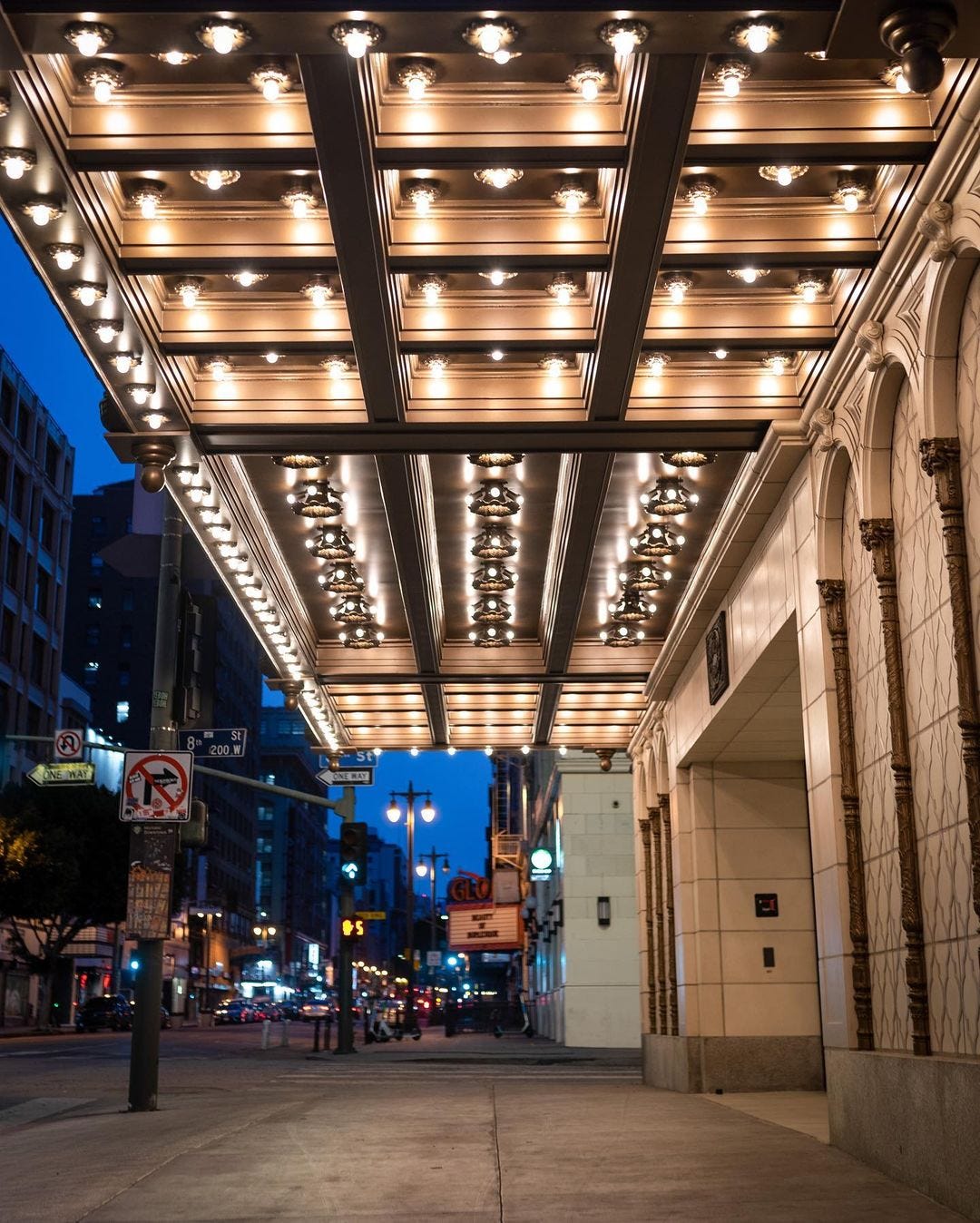A circuit breaker is designed to keep you safe from impending disaster by suddenly tripping when it can no longer tolerate a fault. According to Bloomberg, this is essentially what happened last Wednesday in Charlotte, North Carolina, where three shootings at Northlake Mall in less than three months were more than Apple could tolerate.
Apple might be a secretive company, but it does not normally close stores without warning. That’s why I’m mostly willing to accept Bloomberg’s smooth interpretation of a textured situation at face value. Here’s how it often works: One month or more in advance, Apple will inform store employees and other relevant parties of its intent to permanently close. These details often leak to the media, but if not, Apple.com is updated to confirm the store’s closure no less than two weeks ahead of time. Genius Bar appointments, Pickup orders, and in-store sessions are wound down. On the final day of operation, friends and employees gather for a clap out as the last customers leave the store.
All of this and more was undoubtedly planned for Apple Northlake Mall (more on that later), but instead, Apple moved silently and with unprecedented speed. Sometimes saying nothing can make the loudest sound.
Here’s what I think this decision implicitly communicates:
To customers: An Apple mall is a safe mall. You should have some reasonable expectation of personal safety when you visit an Apple Store.
To employees: People come before plans and buildings. No short-term gains are worth long-term risks. It’s also great that Apple offered all employees roles online or at Apple SouthPark (even though it’s about 30 minutes away by car).
To mall owners: Improve the safety of your malls, or you will lose your Apple Store. Apple does not associate with risky properties.
All malls know that losing an Apple Store is a death knell. That’s why I think the Northlake Mall story has the power to set a precedent that actually moves the conversation around safety in public venues. Other retailers follow Apple’s lead and have just been given permission to pack up camp if conditions get too rough. Mall owners know Apple is not bluffing.
At the same time, an individual mall can only do so much about public safety. This quickly becomes a matter of policy — the kind of policy controlled by leaders who will be economically distressed to learn Apple is pulling out of their community.
Public policy is not my lane, so let’s consider a different aspect of Apple’s situation: Bloomberg’s report says (emphasis mine): “The shootings at the mall contributed to the decision” to leave. Another major contributing factor could be that Northlake Mall is in decline. In 2021, when Dick’s Sporting Goods closed, the Charlotte Business Journal profiled the many empty storefronts accumulating at the mall.
Despite the fact that Apple had recently renewed its lease and updated the store’s hero photography, leadership was clearly aware of the mall’s decline. Apple was forced on Wednesday to admit future plans to move, something it would’ve never done had the store not closed so suddenly:
In preparation for a new store we plan to open in the Charlotte area early next year, we will be permanently closing Wednesday, March 1st at 4pm.
Leaving Northlake Mall was a matter of when, not if. That might be why Apple gave the prestigious Lenox Square in Atlanta a seventh chance after repeated violence at the mall, including a shooting on grand opening day in 2021. Since then, things have turned around: the shootings completely stopped in 2022.
Tice’s Corner update

This photo depicts renovation progress at Apple Tice’s Corner, where I feared Apple could be removing its last original storefront. The black facade appears intact for now, so maybe it’ll stick around? Fingers crossed.
Apple Confluence reopening
On March 17, Apple Confluence in Lyon, France will reopen after two months of construction. If there are any Tabletops readers in France, let me know if you spot changes.
Featured image
Apple Tower Theatre
Photo via Oscar Martinez.






